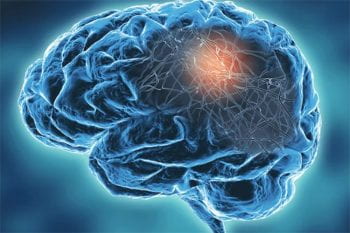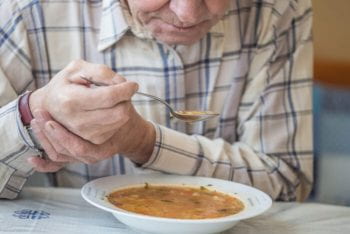More than 10 million people worldwide live with Parkinson’s disease, a progressive neurodegenerative disorder that affects movement, balance and thinking. Severity of the disease is measured through external symptoms, as there are no effective biomarkers that indicate the phase of the illness. A team of engineers, physicians and researchers at Washington University in St. Louis, […]
Biomarkers for Parkinson’s disease sought through imaging


